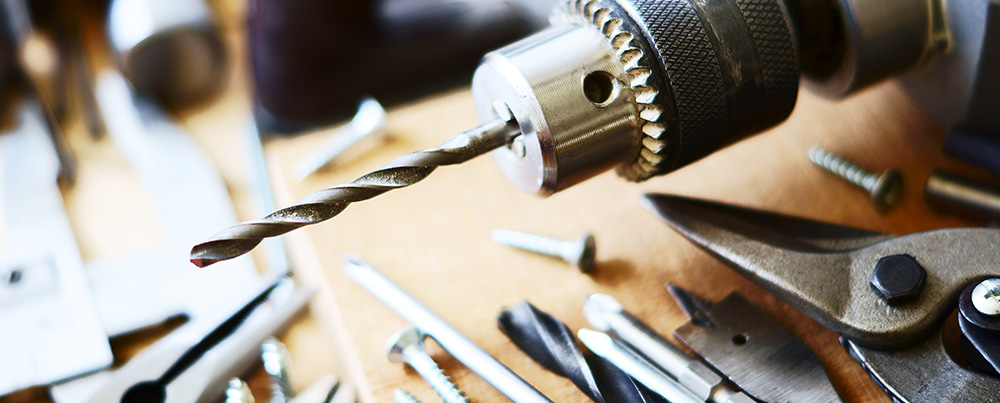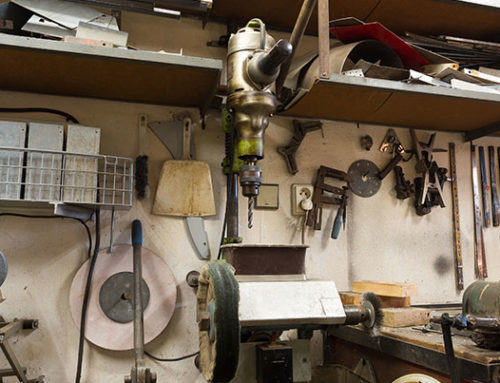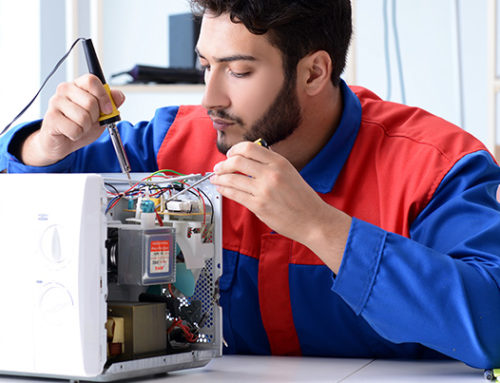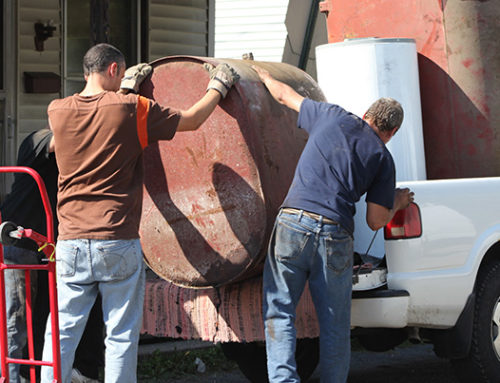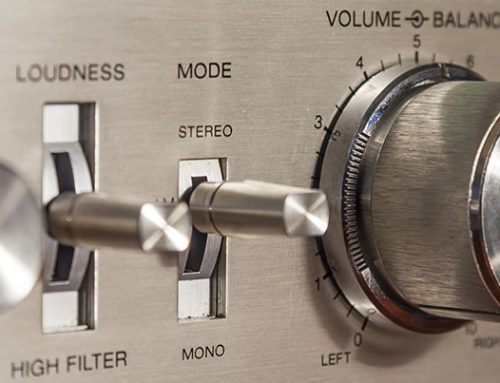If you’re a scrapper, you keep a lot of tools around—and if you’re a contractor, construction worker, or landscaper, you’ve got even more tools. A lot of businesses keep tools around, too. However, tools don’t last forever, and there’s a much more responsible and economical way to get rid of the old ones than chucking them in the trash.
It can be the start of a bad day when one of your power tools cuts out or a socket gets warped, but you can help those tools do one more good thing for the planet (and for your wallet) on their way out.
Why Scrap Tools?
There are plenty of great reasons to scrap your tools instead of simply throwing them out. Obviously, getting even a few cents for your trouble is better than getting nothing at all. On top of that, recycling tools rather than throwing them out means that landfills don’t fill up as quickly, and it also reduces pollution and the energy cost of mining new metals.
There’s more than that, though! As power tools become more and more technologically advanced, there are some seriously valuable metals used in their inner workings. Also, highly specialized tools, like the carbide bits used in machine shops, can be made of very valuable and interesting metals that are always worth scrapping.
Also, scrapping tools is generally pretty easy. Any bent, warped, or broken hand tools can be sorted into bins with like metals, and all you’ll need to do to get the most out of them is clean off any oil or grime that’s collected on them.
Some power tools, especially the newer and more valuable ones, can involve a bit more labor—but they’ll also pay off more when you finally take them down to the yard. Just be sure to follow all your usual safety precautions, and make sure no power is going to the tool. One of the best ways to do this is to cut the cord and put it in your insulated wire bin!
Is It Worth It?
Luckily, the answer to this question is a simple one: pretty much any tool with scrappable metal on it is worth scrapping. The answer is so easy because lower value hand tools don’t require any work to scrap besides a little cleaning, and the tools you have to really work to dismantle are generally worth more money.
That being said, scrapping tools isn’t going to make you rich on its own, and sometimes can be somewhat labor intensive. Often, my advice when a power tool goes bad is to cut the cord off and throw it in an insulated wire bin right away, but leave any further breaking down and cleaning for a day when there isn’t much other scrap around.
Of course, if you’re getting rid of a tool because you’ve upgraded, rather than because the original tool broke or went bad, it’s probably worth more to either sell it as a working tool or hold onto it as a backup.

